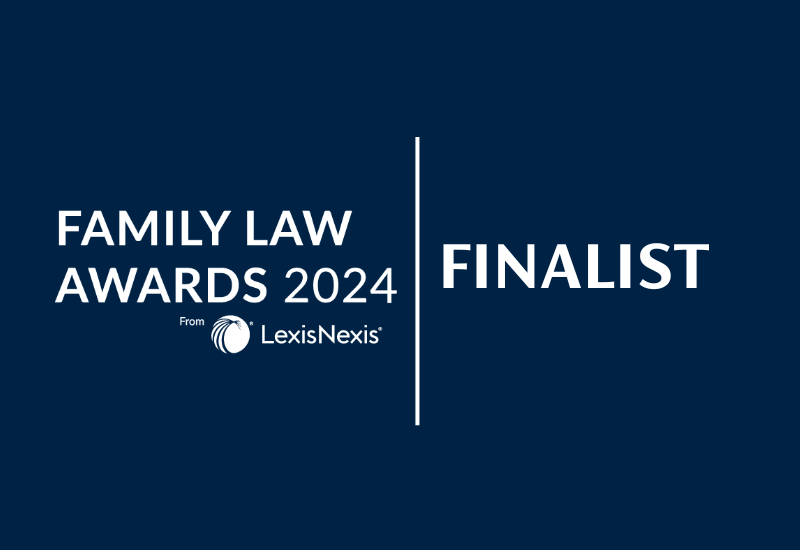- 01 May 2024
- •
- 2 min read
Amendments to the Family Procedure Rules

As of 29th April 2024, significant amendments have been introduced to the Family Procedure Rules (“FPR”) which will now actively encourage parties to try and resolve family disputes out of the traditional Court process both before any application has been issued but also during the any proceedings.
The intention of the amendments is to promote early resolution of family disputes and help parties focus on avoiding immediate Court proceedings. Whilst the traditional Court process may still be necessary for some cases, for many there are other formal methods of alternative dispute resolution which can be much quicker, more cost effective and a better and more positive experience for those involved.
What are the Family Procedure Rules?
The Family Procedure Rules “FDR” set out the practice and procedure to be followed in all types of family law cases. For examples there are rules about how applications should be issued, how expert evidence should be dealt with and how the Court can ensure that victims of domestic abuse can give their best evidence at Court. It is those rules that have now been amended to include additional provisions in relation to consideration of Non-Court Dispute Resolution (NCDR) methods.
The rules already contain provision that parties must consider Mediation as a means of resolving disputes and attend at a Mediation Information Assessment Meeting (MIAM) to evidence that before issuing any application at Court. The amended rules now take that requirement further.
Key changes
The definition of NCDR has been widened to include “methods of resolving a dispute other than through the court process, including but not limited to mediation, arbitration, evaluation by a neutral third party (such as a private Financial Dispute Resolution process) and collaborative law”.
When any new application is issued at Court, the parties must now file a form/statement setting out their views on using NCDR at the outset and explaining if and how it has been considered.
The Court now has the power to ‘stay’ or adjourn cases in order to give the parties the opportunity to engage in NCDR methods. The parties’ agreement to this adjournment is not required and if a Judge thinks it necessary the case will be put on hold.
Crucially, in financial proceedings, the parties need to be aware that a failure by them to attend a MIAM or consider and engage in NCDR without justification may well leave them vulnerable to the Court making a costs order against them.
What are the other methods of NCDR”?
There are many other ways to try and resolve a dispute including:
- Mediation
- Arbitration
- Private FDR (in financial proceedings)
- Early Neutral Evaluation
These alternative methods can be very effective at assisting the parties reach an agreement and still potentially obtain a Court Order approving the agreement if required.
If you need any expert advice from our specialist team to discuss specific NCDR methods or any other family dispute please get in touch to arrange a Free Initial consultation.














